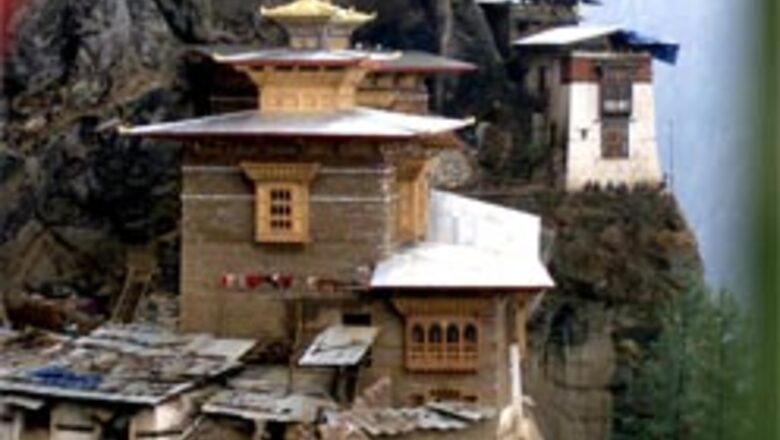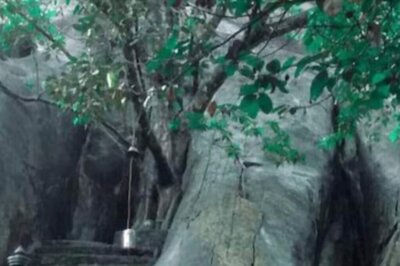
views
Guwahati: Bhutanese refugees exiled in Nepal, who say their country's first-ever constitution gives too much power to the monarchy, have drafted a parallel one, hoping it will bring democracy and help them return home.
Bhutan's King Jigme Singye Wangchuck has been slowly pulling his isolated mountain state into the modern world and a new draft constitution was drawn up in 2005 which would surrender some of the king's powers to an elected parliament.
But thousands of Bhutanese refugees, who live in camps in eastern Nepal, argue the new constitution still allows Wangchuck to appoint key officials like the parliamentary speaker, election commissioner and chief justice.
They say this will allow him to continue to impose his own authority, without seeking advice or approval from cabinet or parliament.
"The regime's constitution is mainly strengthening the king's absoluteness. We want the king to be within the constitution not outside the constitution," Thinley Penjore, leader of the Bhutanese Movement Steering Committee, told Reuters on Wednesday. "So we felt it necessary to re-draft the constitution to allow the king to exercise powers on the advice of the cabinet."
But government officials said they only recognised the constitution introduced by the king and that the parallel document drafted by the refugees was unlikely to be accepted.
Wangchuck kicked out hundreds of Bhutanese of Nepali origin from the tiny Buddhist kingdom in the early 1990s, after they complained about racial discrimination and campaigned for democracy. Tens of thousands have since joined them in exile in Nepal.
The refugees say they were ignored when officials prepared the draft constitution and are campaigning for their right to return to the country and vote in elections, as well as constitutional protection for their customs and religion.
Penjore said the refugees had sent a copy of their parallel constitution to the king.
Bhutan does not have a written constitution and its monarchy dates back to 1907 when the great grandfather of Wangchuck, was formally anointed the first king with British support.
The new draft will aim to set up a two-party democracy after nearly a century of absolute monarchy. The country's 700,000 people are expected to vote on it in a referendum in 2008, and if it is passed elections will be held before the end of the year.




















Comments
0 comment